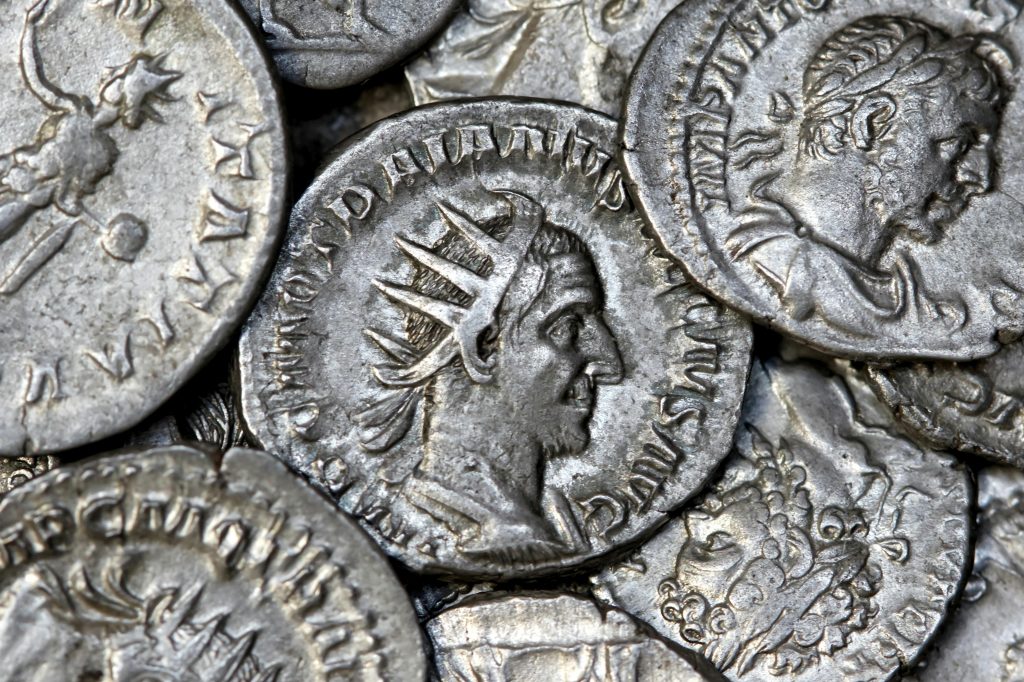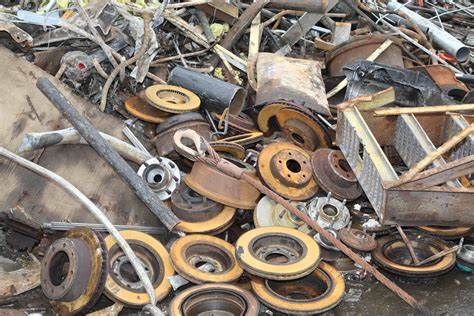Did you know that scrap recycling is not such a modern practice? It comes from ancient civilizations, such as Greeks, Romans, and Egyptians.
In 400 BC, Romans started recycling glass to make new materials. Some metallic materials, such as bronze coins, for example, were melted down and recast to make new coins.

During the Middle Ages, paper recycling was prevalent in Europe, where new sheets were created in paper mills reusing discarded papers.
In the Industrial Revolution, an organized waste management system needed to be developed due to the changes in production processes and consumption patterns.
The first recycled paper factory was established in England, saving trees and energy. Later, recycling centers for other materials, such as metal and glass, began to be created. In 1899, the first patent for a recyclable aluminum can was registered in the United States.

In the 20th century, the technology and practices of recycling processes improved considerably. Because of resource shortages due to WWI and WWII, recycling campaigns were implemented by governments to collect scraps of materials like rubber, paper, and metal.
The post-war period was marked by a time of consumerism and waste. Despite the continuous efforts of recycling, many parts of the world kept landfilling as a primary method of waste disposal.
Substantial Changes in Scrap Recycling
In 1970, “The Earth Day” was established, an important environmental movement that brings awareness to the importance of recycling, waste management, and preserving the environment. Ever since, governments, businesses and environmental organizations have worked on developing recycling programs, promoting technological advances, and making the recycling processes more efficient and cost-effective.
As a global phenomenon, recycling initiatives have been implemented by countries worldwide.
International agreements and protocols, such as the Basel Convention on the Control of Transboundary Movements of Hazardous Wastes and their Disposal, aim to regulate the international trade of recyclable materials and minimize environmental impact.

Conclusion: Saving Our Habitat
It’s important to encourage the practice of recycling everywhere, by separating organic waste and correctly disposing of materials.
Metals such as copper, steel, brass and aluminum are 100% renewable.
Furthermore, it is important to pressure companies and governments to adopt more sustainable practices and the creation of public selective collection policies.

There are a multitude of materials commonly used daily, both at home and in industry, that can be recycled.
Aluminum cans, plastic and glass bottles, brass, copper, insulated wire, cables, steel etc.
At TM Scrap Metals, we pride ourselves on being a premier destination for all your metal recycling needs, offering comprehensive services from copper to stainless steel and beyond.
With our commitment to excellence, we strive to provide our clients with top prices for their metal scrap, ensuring maximum value and satisfaction with every transaction.
Our dedicated team works tirelessly to stay on top of market trends and fluctuations, enabling us to offer competitive rates that reflect the true worth of your materials.
Whether you’re a small-scale recycler or a large industrial operation, you can always rely on us to deliver unparalleled service and the best prices possible.
At TM Scrap Metals, your success is our priority, and we are dedicated to forging lasting partnerships built on trust, reliability, and mutual benefit.
